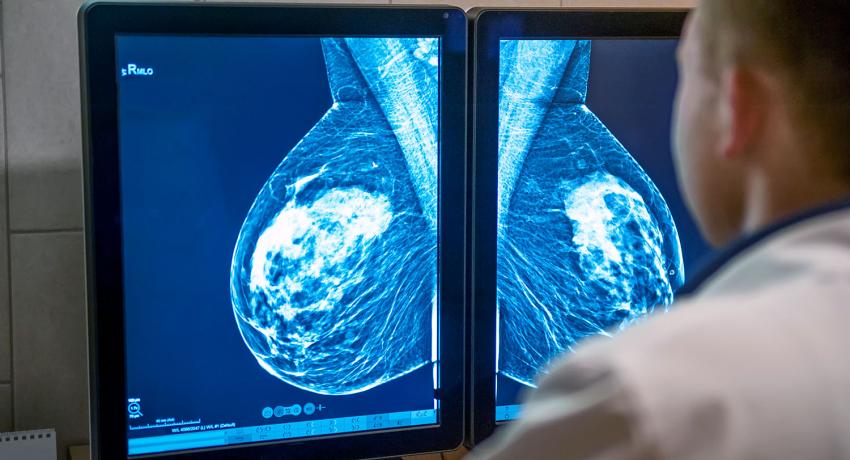CANCER
Cancer is a leading cause of mortality in the United States, with over 600K individuals dying directly from the disease each year – and many more suffer both from its long-term effects. The Center for SMART Health is exploring how to individually-tailor the screening, diagnosis, and treatment of cancer patients. For instance, presently many screening guidelines are “one-size-fits-all” such that every person undergoes typically undergoes the same frequency of testing to detect cancers early. However, the underlying risk each individual has – from genetics, environment, and other physiologic factors – can be used to personalize risk assessment and potentially customize screening schedules. Knowing which person needs more (or less) cancer screening – those with higher risk may receive more frequent exams, while those at low risk may have less exams – can help to optimize the usage of health resources. Other information, including patient reported outcomes (PROs), mHealth, and other emergent technologies are also helping to assess response to therapy.







